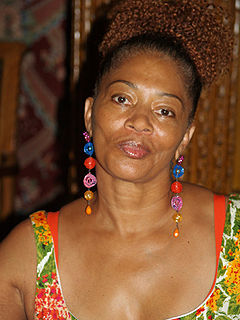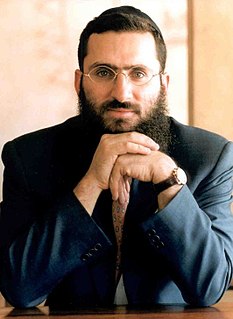A Quote by Terry McMillan
Parents can ruin children, and sometimes that's a learned behavior. Sometimes you can't blame your parents for it, sometimes you can. I think to me, that's what the whole paradox is, is people that have children that don't even know how to raise them.
Related Quotes
It has been noticed that people who are not parents often have a peculiar fondness for children. This is sometimes attributed to a very beautiful nostalgia for a gift denied to them - dream-children, flowers that have only bloomed in imagination - but we think it is rather because they have not the faintest idea how dreadful children are.
Love involves more than just feelings. It is also a way of behaving. When Sandy said, "My parents don't know how to love me," she was saying that they don't know how to behave in loving ways. If you were to ask Sandy's parents, or almost any other toxic parents, if they love their children, most of them would answer emphatically that they do. Yet, sadly, most of their children have always felt unloved. What toxic parents call "love" rarely translates into nourishing, comforting behavior.
Living in a place like Pakistan, very often you meet people who are migrating abroad. And sometimes you'll ask their parents, you know - you didn't try to stop them? Like, why didn't you say, don't go - I'll miss you? Stay with me. And, you know, people say, well, it's best for them. They have to go. And parents, you know, take on that sadness because they know it's better for their children if they leave.
What I have most learned from my son is to respect him and to love him unconditionally. I believe that if parents respect their children and educate them with love and justice (and not just with words, but with their own behavior) the relationship with their children will be wonderful. Then parents will always be proud of their children, and children will always be proud of their parents. There will be peace in the family, and the home will be a sanctuary.
Love is at the root of all healthy discipline. The desire to be loved is a powerful motivation for children to behave in ways thatgive their parents pleasure rather than displeasure. it may even be our own long-ago fear of losing our parents' love that now sometimes makes us uneasy about setting and maintaining limits. We're afraid we'll lose the love of our children when we don't let them have their way.
One can tell a child everything, anything. I have often been struck by the fact that parents know their children so little. They should not conceal so much from them. How well even little children understand that their parents conceal things from them, because they consider them too young to understand! Children are capable of giving advice in the most important matters.
Children model the behavior of adults, on whatever scale is available to them. Ours are growing up in a nation whose most important, influential men - from presidents to the coolest film characters - solve problems by killing people. ... We have taught our children in a thousand ways, sometimes with flag-waving and sometimes with a laugh track, that the bad guy deserves to die.
All I've learned is that you need the studio system sometimes, if your budget is a certain size, and other films you can do independently. When I think of a studio, I generally think of distribution. Since I'm a director, I have a similar creative experience on every film I do, because I can control that. But then it's a different film, I think, as it reaches the public, depending on the way it's marketed. I don't know. I haven't learned much of anything. Sometimes you need them, sometimes you don't. Sometimes they want you, most of the time they don't.







































